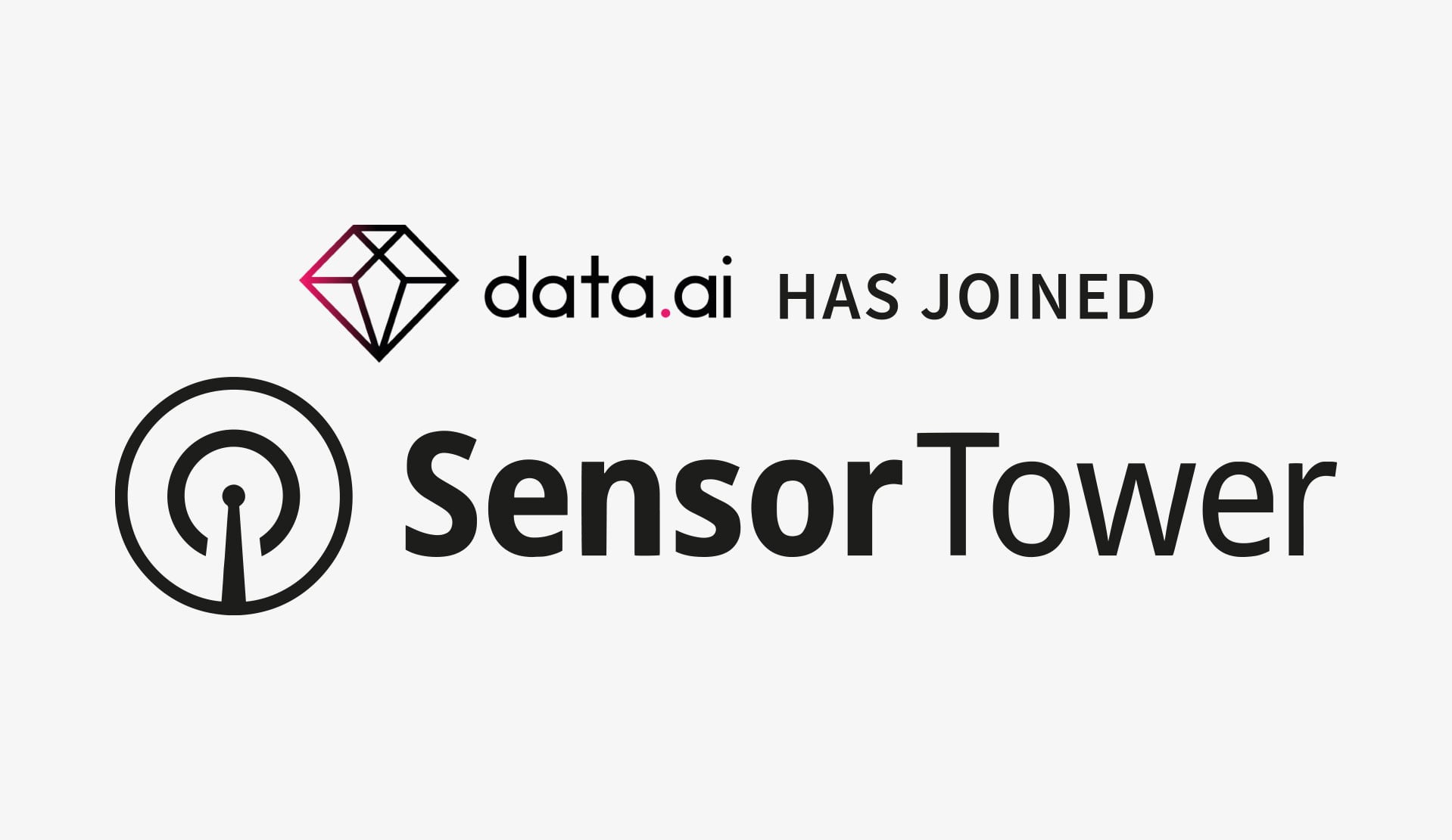Sensor Tower’s much-anticipated acquisition of rival data analytics firm Data.ai (formerly App Annie) in March 2024 has taken a turn for the worse for many Data.ai employees. News has surfaced revealing significant layoffs impacting at least 70 workers, according to an internal spreadsheet. This number may just be the beginning, potentially representing a staggering 11% of Data.ai’s pre-acquisition workforce. The company hasn’t confirmed the layoff count, we get to know the depth of the layoffs by the impacted employee’s LinkedIn posts.
Sensor Tower, a dominant player in the app market intelligence landscape, had initially downplayed the extent of workforce reduction during the acquisition announcement, using the more opaque term “workforce optimization.” Now, with details emerging, a clearer picture paints a grim scenario. The leaked spreadsheet shows layoffs spanning various departments, impacting individuals from core areas like product management, sales, and marketing, all the way to the crucial technical backbone of data engineering, analytics, and science.
The impact isn’t geographically isolated either. Reports indicate affected employees hail from not just the US and Canada, but also key Asian markets like India, China, Japan, and Singapore – a region where Data.ai had a well-established presence with its 2015 Singapore office setup. This aggressive workforce reduction throws a wrench into Sensor Tower’s initial rosy outlook on the deal.
The acquisition, valued at an undisclosed amount, was touted as a strategic move to bolster Sensor Tower’s mobile app intelligence offerings and significantly expand its global reach, particularly in the lucrative Asia-Pacific region. Data.ai’s established presence in these markets was seen as a key asset. However, the recent layoffs highlight the often-overlooked human cost associated with such corporate consolidation.
The tech industry is no stranger to consolidation, and acquisitions often lead to workforce reductions as companies eliminate redundancies and streamline operations. However, the scale and swiftness of these layoffs raise questions about Sensor Tower’s integration strategy. Did the company underestimate the level of overlap between the two firms? Was there a lack of transparency with Data.ai employees regarding potential job security?
The news also casts a shadow on Sensor Tower’s company culture. While the firm may boast a positive internal environment, the layoffs create uncertainty and anxiety for its remaining workforce. Integrating company cultures effectively is crucial for long-term success post-acquisition, and these layoffs could potentially hinder that process.
Looking towards the future, both Sensor Tower and the laid-off Data.ai employees face challenges. Sensor Tower must navigate the complex task of integrating the remaining workforce while ensuring a smooth transition and maintaining employee morale. The company also needs to address concerns about its long-term commitment to specific markets, particularly in Asia, where some of the layoffs occurred.
For the laid-off employees, the situation presents a period of uncertainty. They will need to navigate the job market and potentially seek new opportunities within the competitive app analytics industry. Outplacement services and support from both companies would be crucial in easing their transition.
The Sensor Tower-Data.ai acquisition serves as a cautionary tale for the tech industry. While consolidation can bring strategic benefits, it’s vital to prioritize responsible integration that minimizes human cost. Transparency with employees, effective communication, and a focus on maintaining a positive company culture are all key elements in navigating these complex mergers and acquisitions.
